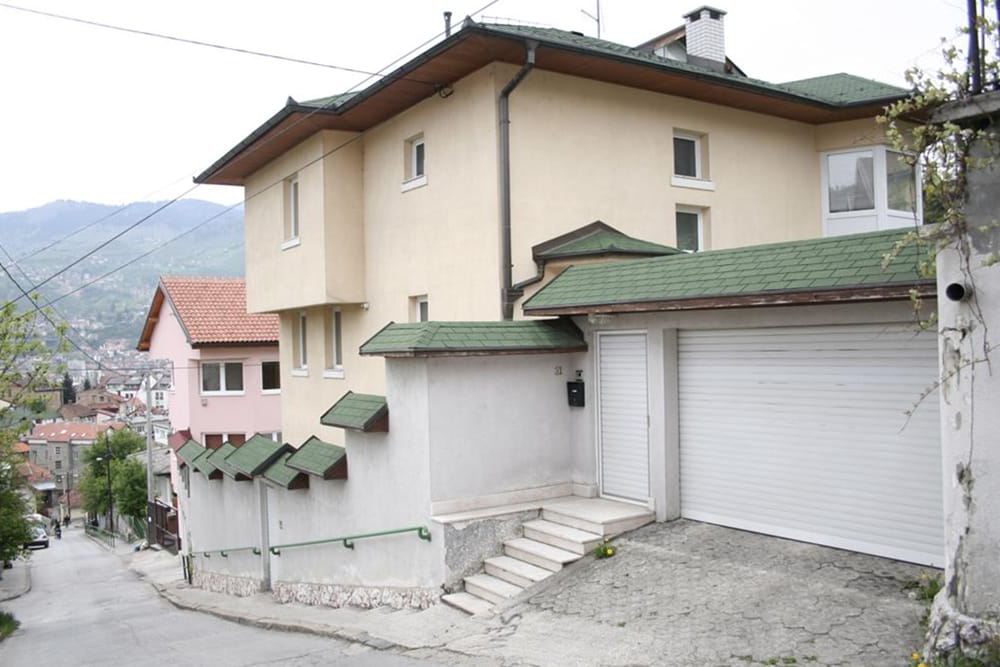The indictments last week of former Prime Minister Edhem Bičakčić and Dragan Čović, his deputy, confirmed that top politicians in the Federation of Bosnia and Herzegovina (FBiH) established a housing scheme to benefit their political allies and colleagues.
Following the prosecutors’ announcement that they had submitted an indictment of Prime Minister FBiH Nedžad Branković for his role in taking possession of an apartment in the Ciglane neighborhood of Sarajevo after paying the equivalent of about 900KM, the indictment listed many other beneficiaries of the arrangement.
The Bičakčić and Čović indictment found that they sidestepped rules covering public officials to allocate 7.8 million KM from the budget to buy or renovate 64 apartments or houses for officials from all levels of government. The investigation found that the money was allocated without setting any criteria.
Bičakčić was quoted in other media as saying he would object to the indictment and that the housing policy had been done according to the law. Čović was quoted as saying the indictment was not fair and that he has never broken a single law in his life. Bičakčić could not be reached by reporters from the Center for Investigative Reporting in Sarajevo (CIN).
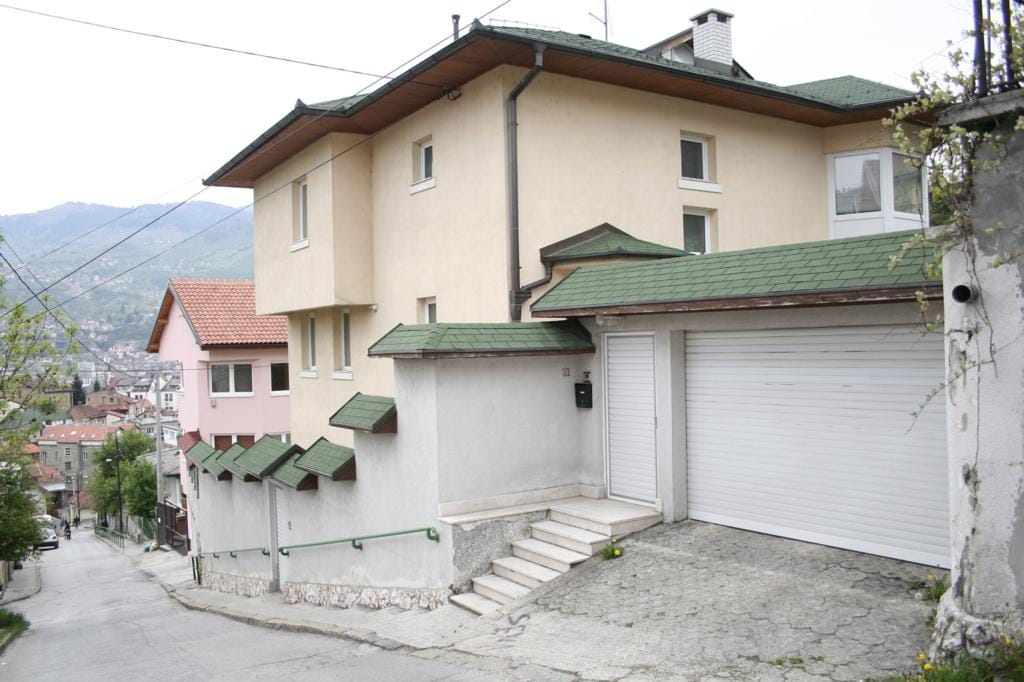
They also failed to consult with their ministers in allocating funds for their giveaways, instead acting on their own to decide whose properties were funded. In some cases, the government bought private properties and then made them available to those with political connections. In two cases, according to the indictment, the government paid for a construction company to build apartments specifically for beneficiaries, while in two other cases they contracted for additional structures that were then turned over to those they chose.
Using government funds to buy expensive, private apartments and then allowing an official with no buyout rights to privatize it was the basis for Branković’s deal. That arrangement, once reported by the Center for Investigative Reporting in Sarajevo and in Start magazine and many other media in September 2007, eventually sparked enough outrage to generate public scrutiny of the issue.
Branković, according to the indictment of Bičakcic and Čović, was not the only one who received an apartment from the government. Apartments were bought for an array of individuals, including Atif Dudaković and Sakib Mahmuljin, retired generals of the BiH Army, Božo Ljubić, at the time minister of health in FBiH and currently BiH minister of traffic and communication, Valerija Galić, vice president of the Constitutional Court of BiH, Mehmed Alijagić, at the time deputy minister of finances of FBiH, Sena Uzunović, of the BiH prosecutor’s office, Nikola Antunović, at the time minister without portfolio for FBiH and Adnan Bešlagić, at the time FBiH government secretary and now secretary of the legislative commission of the House of Peoples of the BiH Parliament.
None of the other beneficiaries who were helped in buying or renovating apartments has been charged. Only Bičakčić and Čović were charged in last week’s indictment by the Court of BiH, while the indictment against Bičakčić and Branković was confirmed by the Sarajevo Cantonal Court on Friday.
Benefits Covered Large Range
The amount of benefits for the housing work went from 265,146 KM for Mahmuljin, the retired general, to the small amount of 5,101 KM for an anonymous ‘John Doe’ listed in legal documents.
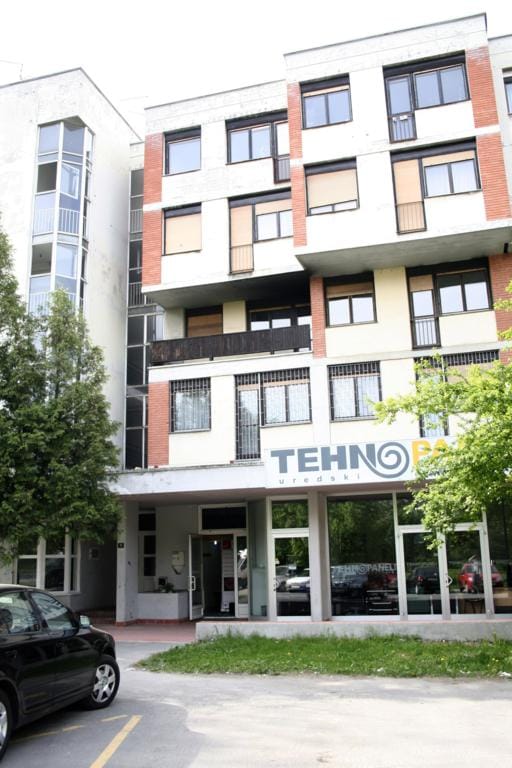
To procure the apartments that were allocated, some contracts with existing tenants were broken and tenants were paid compensation, including the case of the apartment taken by Azra Alkalaj, wife of the BiH minister of foreign affairs. At the time, she was head of the Joint Services of the Organs and Bodies of the FBiH. She negotiated a deal that paid the previous owner of the Ciglane apartment that Branković then privatized.
The Court of BiH indictment said the purchases went for officials from the executive, legislative and judicial branches. The decision to give away public money was never discussed at government meetings or approved by the government, as required by the rules and proceedings of FBiH, the indictment states.
Branković’s housing deal had been the subject of rumor for years but had not been examined publicly until 2007, when CIN reporters used available documents to show in part how the deal was put together.
Outrage built for months, culminating with the appearance of graffiti on Branković’s apartment. Branković responded by calling the police to say he was alarmed and his family frightened. That response sparked a flood of emails from people who identified themselves as the graffitists.
An informal group of citizens put up billboards mocking Branković’s ability to obtain a large apartment in a select part of Sarajevo for a fraction of its value. The billboards, which had existed for a long period with uncontroversial messages, were cut down because, Cantonal officials said, they were inappropriately placed.
But while civic outrage was building, investigators were also busy.
They began looking at what prosecutors now say was a sweeping plan to help dozens of officials.
But while civic outrage was building, investigators were also busy.
The indictment said the purchases began with decisions issued by Bičakčić and Čović. They then signed payment orders for certain amounts. Witness testimony included in the indictment said the decisions by the two were never discussed by the cabinet or put to a vote.
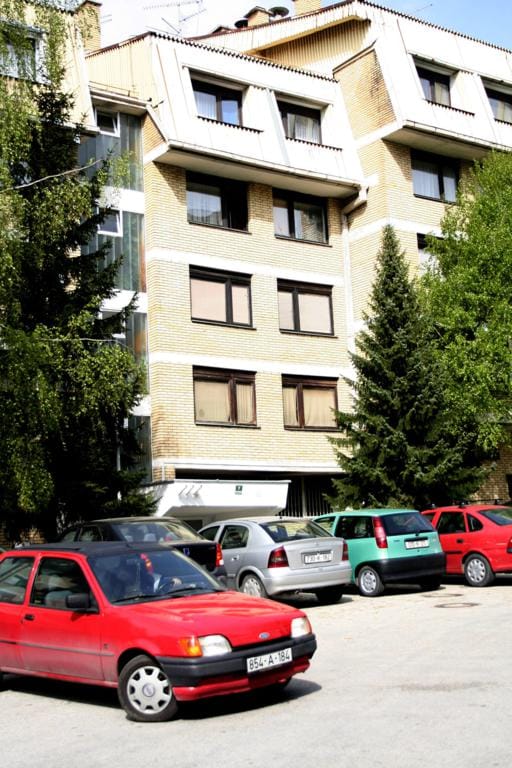
According to the indictment, the first decision was enacted in January 1999, stipulating 3.2 million KM for their housing directives. The following year, they issued a similar decision, diverting 4.6 million KM from the FBiH budget for the same purpose.
During its investigation the BiH Prosecutor’s office obtained only copies of the two decisions; the originals were never found. Bičakčić, however, confirmed the existence of these documents, saying that he had signed them as prime minister.
The indictment says that, at first, Bičakčić and Čović tried to hide the existence of these documents.
Prosecutor Proposes Payback
‘The fact that the originals of these documents have never been found… points beyond doubt that after the enactment and signing of the foregoing documents, and after their implementation and accordingly the release of payments, the accused or other people destroyed those decisions upon their orders’ the indictment said.
At the end of the indictment Prosecutor Peter Korneck proposes that Bičakčić and Čović pay back the 3,671,398.76 KM that prosecutors said constitutes damage to taxpayers.
According to the indictment, retired general Sakib Mahmuljin gained 265,146 KM from buying a house with a yard in Sarajevo.
Another person who profited considerably was Prime Minister Branković. He gained 245,703 KM from buying the 132 square-meter Ciglane apartment.
At the time, Branković told CIN that everything had been done ‘according to the law.’ However, the Cantonal Prosecutor’s Office in Sarajevo didn’t share his opinion
In all, the indictment says, 65 individuals benefitted from the actions of Bičakčić and Čović. Another retired general, Atif Dudaković, gained 186,142 KM from buying a house.
Enver Kreso, former director of BiH Elektroprivreda, gained 165,553 KM through the construction of an apartment in Sarajevo.
Kreso last week said that he didn’t have a home at the time, and that the government made it possible for him and his family to build another apartment in an already existing building. The government also committed to refurbishing the exterior and interior of the apartment building.
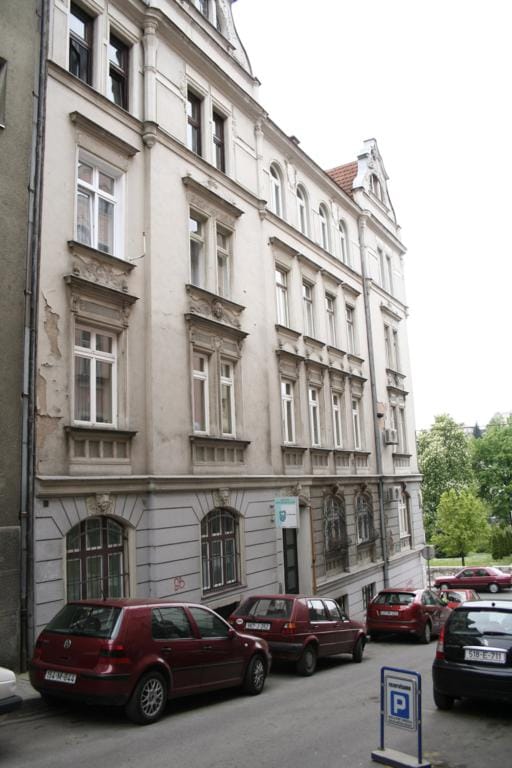
‘I had no house or apartment in BiH proper at the time. I consulted lawyers and everything was done in line with the law’ Kreso said in an interview with CIN.
Others who received housing under the Bičakčić and Čović arrangement included BiH minister of traffic and communication Božo Ljubić, who gained 187,949 KM from buying an apartment in Sarajevo, and Ivo Andrić Lužanski, a former member of FBiH parliament, who gained 109,214 KM from his purchase of an apartment in Tuzla.
Amor Mašović, director of the Institute for the Search of Missing Persons in BiH, also gained 57,731 KM.
Mašović told CIN last week that he asked the government commission in charge of funds for 57,731 KM because he needed that amount to establish his ownership of his apartment from the Canton of Sarajevo. Mašović said the money covered about one-third of the estimated value of the apartment he bought.
During that time he was also active in the Commission for Missing Persons, as well as a member of FBiH parliament.
He said that during that time he had no home of his own so he turned to the government for help. He has never received the money in his own hands, nor was it wired to his account. Instead, the money was wired to an account of the Canton of Sarajevo that had sold him the apartment.
‘To tell you the truth, I don’t know how the Government did this, what were the procedures, were they honored or not, I really don’t know’ said Mašović.
Bičakčić and Čović have been accused in accordance with article 358, paragraph 3 of the FBiH Law on Criminal Proceedings. The minimum prison sentence for this crime is three years.



